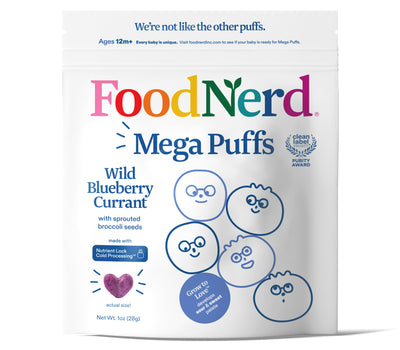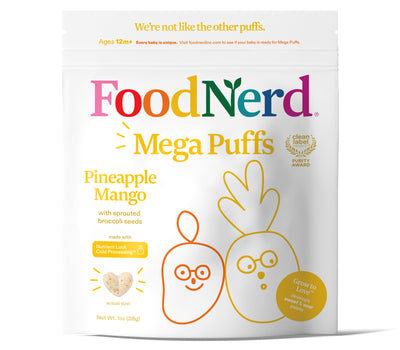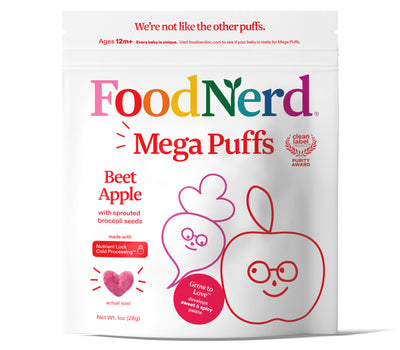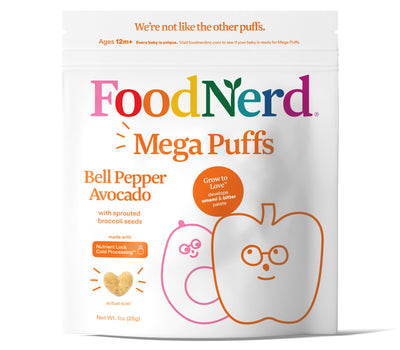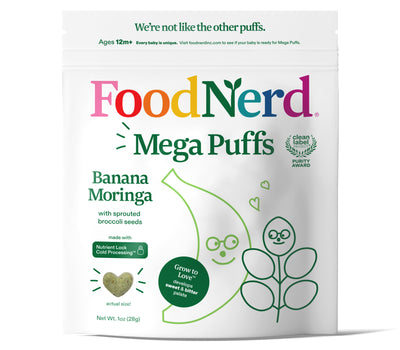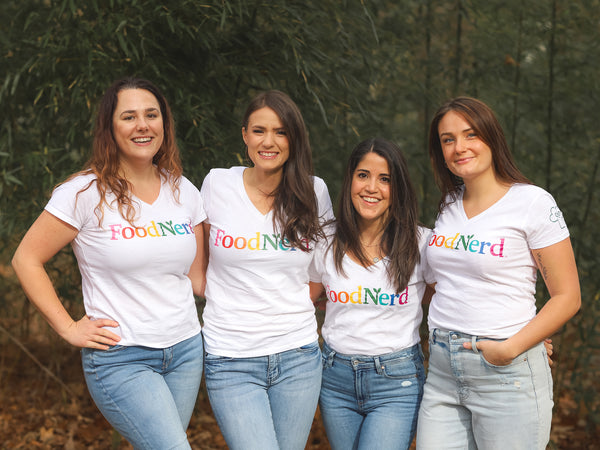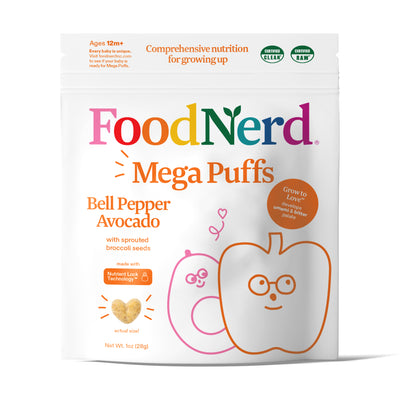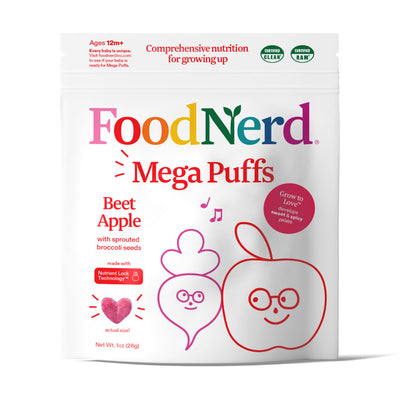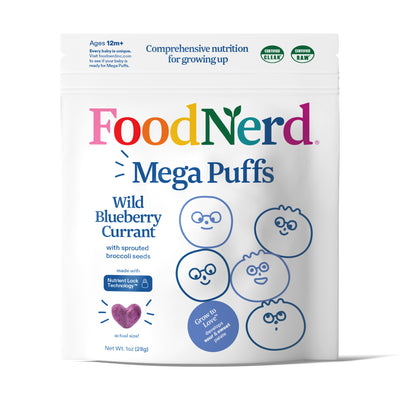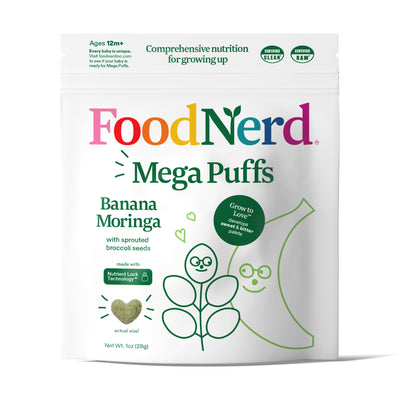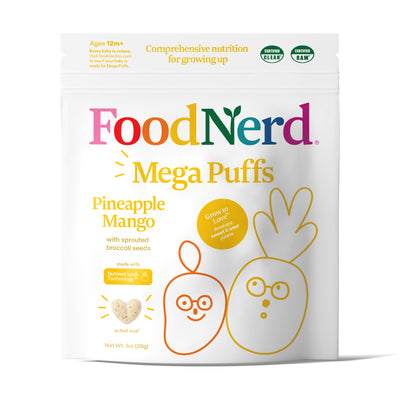Guess that Vitamin
Here is your nutrition riddle for the day.
What vitamin is made by bacteria, including bacteria in the soil, bacteria in bodies of water, and bacteria housed in the stomachs of grazing animals, such as cows or sheep?
Drumroll, please... Vitamin B12! This is the only vitamin produced exclusively by microorganisms.

What is Vitamin B12, and Why Do We Need It?
Vitamin B12 (aka cobalamin) is an essential, water-soluble vitamin. Plants, fungi, and animals (including humans) cannot make vitamin B12. This means that we need to consume B12 as food or supplements.
Vitamin B12 has many vital functions in the body:
- Plays an essential role in the function and development of brain and nerve cells
- Needed to make red blood cells & keeps them healthy
- Helps make, repair, and preserve our DNA & RNA (also helps with the growth, repair, & function of cells)
- Plays a role in cognitive function and the prevention of dementia
- Assists with the metabolism of carbohydrates and fat in the body
- Critically involved in the absorption of folic acid
- Low levels or intake may be associated with later onset of depression
This is an extremely important nutrient! So crucial that four Nobel peace prizes have been awarded for research related to vitamin B12.
How is vitamin B12 made?
Unlike other types of vitamins, B12 cannot be produced in plants, which accumulates in the skin and tissues of animals, and from them, they can pass to fungi and certain types of plants that retain the contents.
As you can see, B12 bacteria can be found in soil due to animal contact. Moreover, in the case of mushrooms, vitamin B12 is produced as a result of growing bacteria that can only be created by interactions with other herbivorous beings that hang out around them. That’s why finding a vegan source of this nutrient might be challenging for those following this diet.
Sources of Vitamin B12
Animals
Animal foods, such as fish, shellfish, meat, poultry, eggs, milk, and milk products, are the primary dietary sources of vitamin B12.
The content of vitamin B12 in these foods varies:
Clams contain the highest amount (84 mcg per 3 oz), followed by liver (70.7 mcg per 3 oz), salmon (4.9 mcg per 3 oz), beef (1.5 mcg per 3 oz), low-fat milk (1.2 mcg per 1 cup), eggs (0.6 mcg per 1 large egg), and chicken (0.3 mcg per 3 oz). [mcg=micrograms]
If animals cannot produce Vitamin B12, how do they get it?
- Cows: Ruminant or grazing animals (cows, sheep, goats) absorb vitamin B12 produced by the bacteria in their stomachs, which becomes stored in their tissues and is passed along to their milk.
- Fish & Shellfish: Fish and bivalves (oysters, clams, etc.) eat phytoplankton, which takes up bacteria that produce B12.
- Poultry & Pork: Poultry and pork may absorb vitamin B12 from bacteria in their intestines, but the amount may be small and unreliable. Otherwise, vitamin B12 is obtained from their animal feed.
Plants Sources

Unfortunately, most plants do not produce or require vitamin B12. Despite this, vitamin B12 produced by bacteria in the soil can be transferred to some plant foods. For example, research has shown:
- Mushrooms contain varying amounts of vitamin B12.
- Trace levels (<0.1 mcg/100 g dry weight) of B12 have been found in black morels, oyster mushrooms, parasol mushrooms, and porcini mushrooms.
- Higher levels(1.09–2 mcg /100 g dry weight) have been found in black trumpet and golden chanterelle mushrooms.
- Commercially available dried shiitake mushrooms contain wide-ranging amounts of B12, with an average B12 value of 5.6 mcg/100 g dry weight.
- Sea Vegetables contain varying amounts of vitamin B12.
- Green Algae:
- Consumed as chlorella, an edible powder used as a food supplement (contains many nutrients and antioxidants)
- Research that analyzed 19 chlorella supplements found that their vitamin B12 content varied from <0.1 mcg to about 415 mcg/100 g dry weight.
- Red Algae:
- Consumed as dried nori sheets
- Research has found the following levels of vitamin B12 in various types of nori: dried Chinese nori (60.25 mcg), dried New Zealand nori (28.5 mcg), dried Korean nori (66.8 mcg), and canned Welsh nori (2.8 mcg) per 100 g weight.
- Research suggests that nori is the most suitable B12 source for vegans.
Since amounts of vitamin B12 vary in plant foods, they are not considered a reliable source of B12.
However, plant foods that are fortified with vitamin B12 are considered to be a reliable source.
Examples of Fortified Foods:
- Nutritional yeast
- Ready-to-eat breakfast cereals
- Non-dairy milk
- Some soy products.

How is Vitamin B12 Absorbed?
Consuming vitamin B12 in the form of food or supplements does no good for our bodies if we cannot absorb it.
Two steps need to occur before Vitamin B12 can be absorbed by the body:
- Hydrochloric acid produced in the stomach needs to separate vitamin B12 from the protein it attaches to in food (this step does not occur with fortified food and supplements because vitamin B12 is already in its free form).
- Vitamin B12 must be combined with an intrinsic factor protein produced in the stomach.
According to the National Institutes of Health, about 56% of a one mcg oral dose of vitamin B12 is absorbed. Still, absorption significantly decreases when the capacity of intrinsic factor is exceeded (at 1–2 mcg of vitamin B12).
Possible Issues with Absorption:
- You may not be able to absorb sufficient amounts of vitamin B12 from food if your body has low levels of hydrochloric acid.
- Taking certain medications, such as heartburn and diabetes meds or antibiotics, may affect how much vitamin B12 your body can absorb.
- People with stomach and minor intestine disorders, such as Crohn’s or Celiac disease, may have trouble absorbing sufficient amounts of vitamin B12.
How Much Vitamin B12 do we Need?
The daily recommended amount of vitamin B12 varies based on age and if you are pregnant.
According to the National Institutes of Health, adults need 2.4 mcg of vitamin B12 daily.
How will I know if I am Deficient?
If you are a vegan or vegetarian, you risk becoming deficient in vitamin B12. Vitamin B12 deficiency is severe and can damage your nervous system, so treating it as soon as possible is important.
- See your doctor: get a blood test done by your doctor to check your levels of vitamin B12. Be aware that blood serum levels may not accurately reflect cellular vitamin B12 status. Ask your doctor about the most reliable way to get your B12 levels tested.
- Be aware of the signs & symptoms of vitamin B12 deficiency:
- Tiredness
- Weakness
- Constipation
- Loss of appetite
- Weight loss
- Anemia
*If you think you might be deficient in vitamin B12, you should consult your doctor.
How can Vegans & Vegetarians Avoid becoming Deficient?
- Eat different types of mushrooms, chlorella, and nori. However, since levels of B12 vary in these foods, ensure you take a vitamin B12 supplement to get enough B12.
- Eat foods fortified with vitamin B12. According to the Vegan Society, one should:
- Take a vitamin B12 supplement.
- Sublingual forms are not better than oral supplements. Evidence suggests no difference in the effectiveness or absorption of sublingual forms compared to oral supplements.
- Remember, you are not absorbing the total amount that you are taking. The capacity of intrinsic factors limits absorption; for example, only about 10 mcg of a 500 mcg oral supplement is absorbed in healthy people.
Looking to The Future of Being Plant-Based
Just because plant foods are not considered a reliable source of vitamin B12 does not mean that eating animal foods is the only way out of a deficiency. Eating fortified foods and/or consistently taking vitamin B12 supplements are easy ways to meet our daily recommendation of B12.
One thing is for sure; we owe it to ourselves and our planet to eat more plant-based foods. The *Eat-Lancet Commission has recommended that a diet rich in plant-based foods and lower in animal products is a win-win for the health of our planet and people. There is power in being plant-based, which need not involve nutrient deficiencies!
* The Eat-Lancet Commission comprises 37 world-leading scientists from 16 countries working together to define healthy diets and sustainable food production targets.
Sources:
- Obeid, Rima, et al. "Vitamin B12 intake from animal foods, biomarkers, and health aspects." Frontiers in Nutrition 6 (2019): 93.
- Palmer, Sharon. “Vitamin B12 and the Vegan Diet.” Today's Dietitian, 2018, https://www.todays dietitian.com/newarchives/0418p38.shtml.
- “Sources of Vitamin B12”. The Vegan Society, 2020, https://www.vegansociety.com/resources/ nutrition-and-health/nutrients/vitamin-b12.
- “The A List of B12 Foods.” Harvard Health Publishing, 2018, https://www.health.harvard.edu/ staying-healthy/the-a-list-of-b12-foods.
- “Vitamin B12 Fact Sheet for Health Professionals.” The National Institutes of Health, 2020, https://ods.od.nih.gov/factsheets/VitaminB12-HealthProfessional/.
- Watanabe, Fumio, and Tomohiro Bito. "Vitamin B12 sources and microbial interaction." Experimental Biology and Medicine 243.2 (2018): 148-158.
